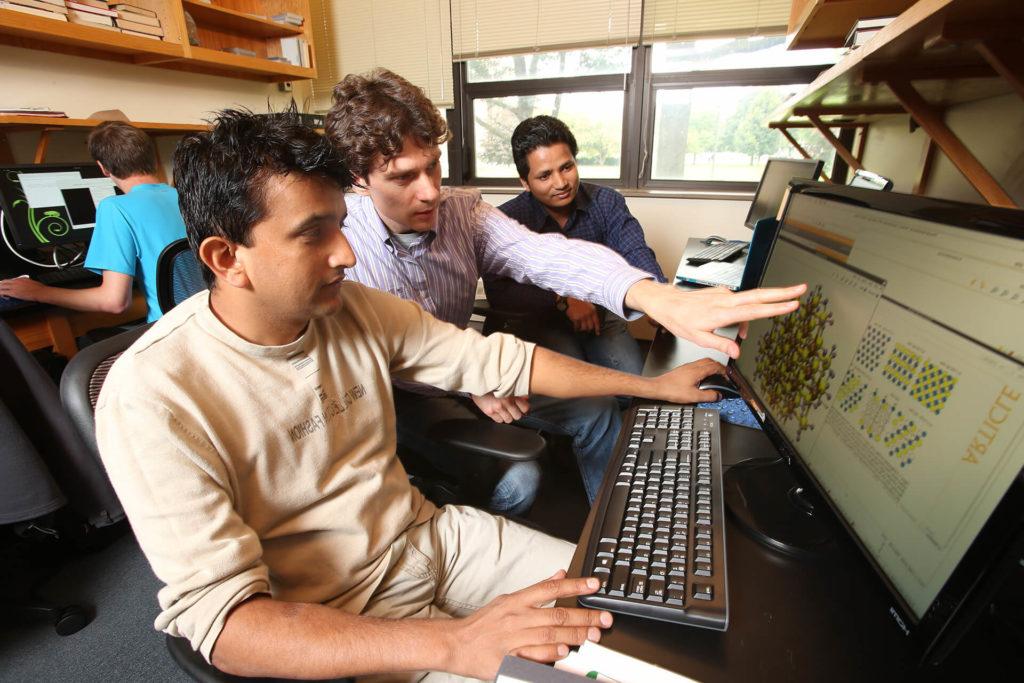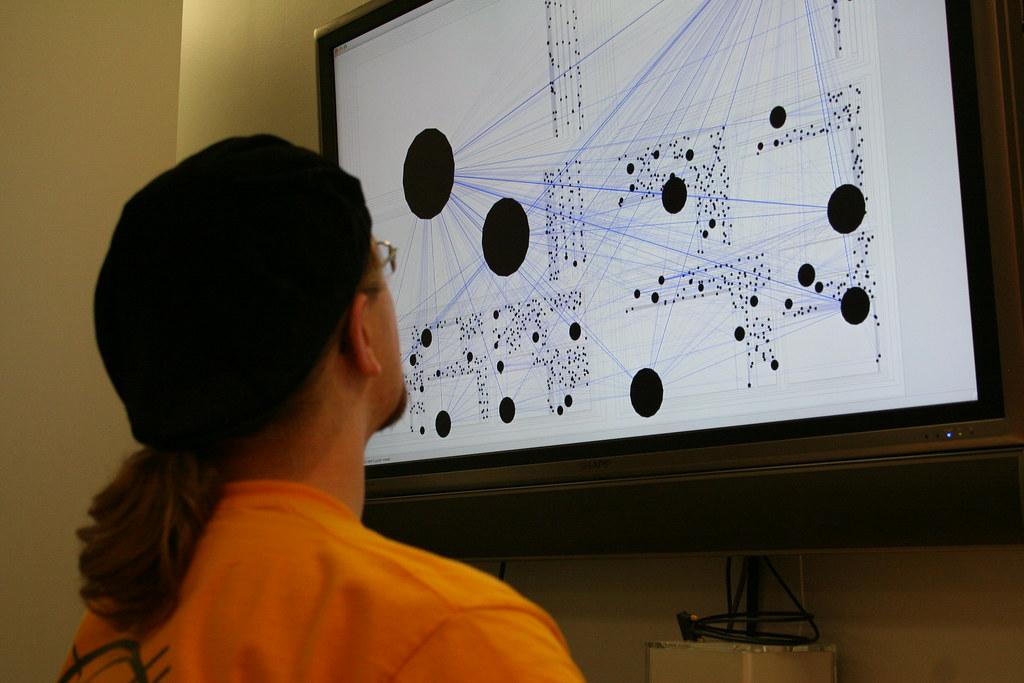A bachelor’s in computer science is one of the keys to the top high-income jobs in the sea of technology.
Thus, youngsters have recently paid more attention to this hot major, and one of the most commonly discussed questions is “is computer science hard to learn?”
The answer is yes. Surprisingly, computer science shows the highest drop rate compared to many other majors because of intense difficulty levels.
The hard things about many students are the high-level mathematics needed for a computer science degree and logical programming paradigms.
This article will give you a little preview of how hard computer science is to learn and master. Let’s check it out!
Is Computer Science Hard?
Computer Science (CS) has gained a reputation for being one of the most challenging degrees to earn. This major is quite challenging for students.
It requires strong problem-solving and analytical skills, remembering and learning various programming languages, and exceptional technical abilities.

It’ll take you forever to know how to run all those computer-based devices properly.
1. Time-Intensive
Those planning to study high-education topics like CA should prepare an ample time budget before, during, and after class (for doing homework and researching).
In particular, apart from two hours of working outside class for one credit hour, you’ll expect to splurge ten to twenty hours a week on working on labs and taking part in programming projects.
2. Constructive
Since it’s full of mathematics, CS is pretty constructive. That means the abilities, skills, and knowledge you promote while studying the subject will require you to apply previous knowledge.
Indeed, with computing science, everything you study calls for mastery of all previously learned topics.
Therefore, if you miss any concept, don’t pay attention to a process, or fail to catch up with a topic, you may have trouble following the latter lessons.
A solid foundation is crucial for mastering this field.
3. Creativity Required
The most motivational yet arduous thing about CS, particularly computer programming, is the high demand for creativity.
Students need to be extraordinarily creative to overcome complex problems that IT scientists deal with daily.
Computing programs can accomplish one task in different ways. That means there’s typically no single ‘correct’ method to address a task or ‘right’ answer tricky to problems.
4. Serious Challenges
If you intend to go for this topic, it’s better to prepare mentality for facing remarkable struggles during your studying, particularly early on.
Plus, you’ll need to familiarize yourself with computing programming and IT programming languages.
The problem is that you have to keep pace with the coursework, focus on studying, and stick to the process simultaneously.
However, in the end, you’ll admit that CS is the most fulfilling and rewarding major, though it initially seems over your head.
Is Computer Science A Lot Of Math?
Many youngsters are afraid of mathematics, so this question is common, particularly among future learners.

Indeed, how many percent math accounts for depends on which school and program you go for. However, all CS programs will consist of several analyses and statistics.
Simply put, you’ll expect to encounter this subject at school since math is crucial for running program systems efficiently.
Can I Study Computer Science Without Math?
It’s absolutely a no. Math plays a vital role in controlling computer-based systems. Logic, statistics, and calculations primarily work regarding developing software or running programs.
You can consider taking short courses in web development, software, or programming without math.
What Qualifications Do I Need to Become a Computer Scientist?
Today, depending on your resources and availability, you can choose from these two methods to work as an IT scientist.
- CS degree
Today, most universities and colleges include bachelor’s programs in CS, while an emerging number are starting to provide master’s programs.
If you choose this way, you’ll expect to spend a lot of time studying algorithms and getting used to numerous coding languages, namely Perl, Python, Ruby, Javascript, CSS, and HTML.
- Data and Coding science boot camps
Boot camps are intensive, short, and fast-paced programs that focus on multiple IT fields, including cybersecurity, software engineering, data science, and CS.
You can take these programs in person or online. Indeed, more and more students would prefer to choose boot camps rather than bachelor’s degrees.
Is Computer Science a Good Major?
For many students, CS is worth every penny and a fantastic major.

Experts predict that information technology and computing occupations will experience an 11% growth in the next decade.
Popular careers relating to CS are computing programmer, database administrator, software developer, computing network architect, and computing hardware engineers.
With a degree in CS on hand, you can stand more chances to work in small and large organizations across various sectors, including those expanding pretty rapidly.
Do Computer Science Jobs Pay Well?
Like any industry, earnings in this field vary broadly, depending on levels of qualifications and experience, specialization, and location.
Generally, employees working in the technology industry enjoy a pretty high income, no matter their position.
Web developers are among the most well-paid workers. An average web developer can earn about $93,000 per year with a CS background.
That’s why many CS grads are seeking opportunities for these positions.
Should I Get My Degree in Computer Science Online?
It’s a good idea to consider earning a CS degree online, particularly when you have a tight schedule to maintain besides your studying.
The prominent benefits of going for online CS programs are:
- No set physical locations or class times
- Monthly course starts
- Increased eight-week programs
Should you desire to become a professional computing scientist but find it tricky to fit studies and courses into a tight schedule, we suggest opting for distance learning.
Conclusion
Indeed, computer science is not for everyone. Those interested in working with math, logic puzzles, and solving problems probably thrive best in this topic and related career positions.
But even when it sounds like you, there surely will be challenges and points of depression and frustration.
The advice here is to stick with your decision until the end. It’ll pay you off with a rewarding and lucrative career.
